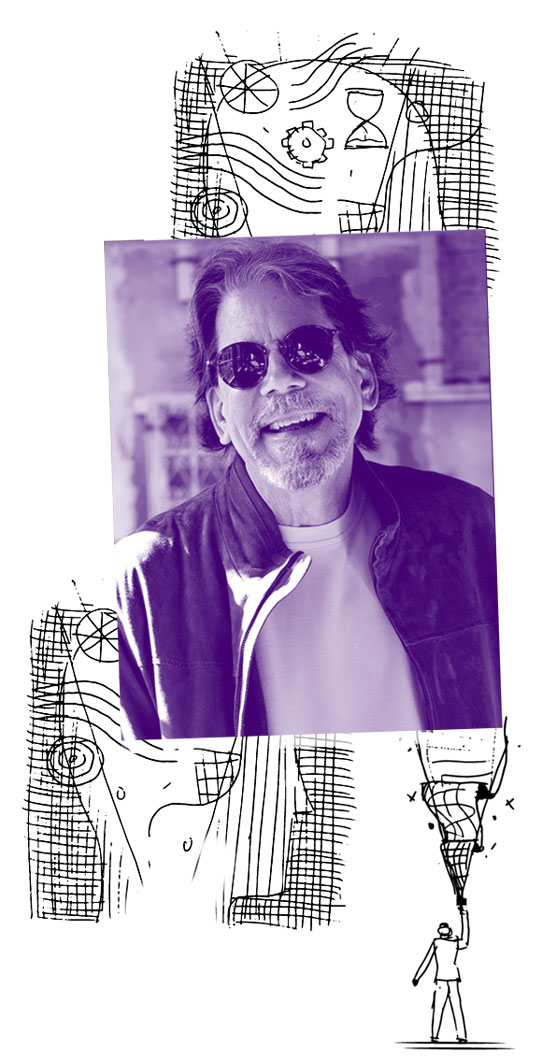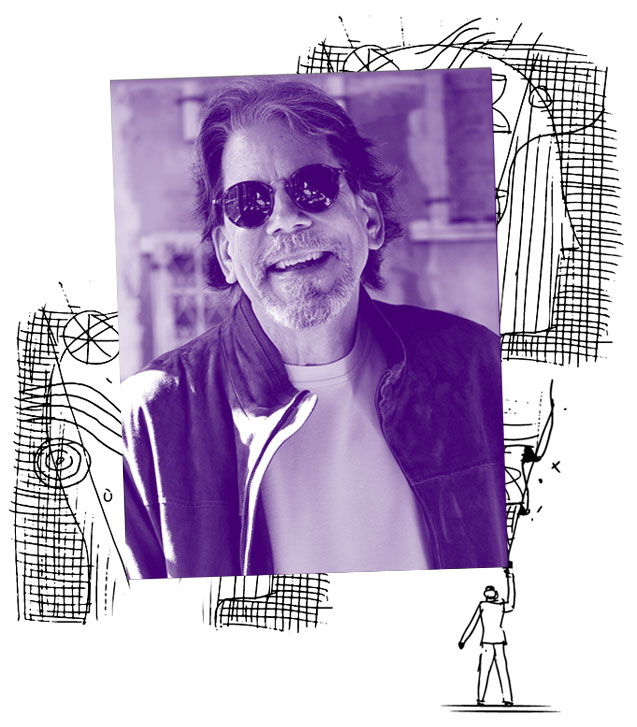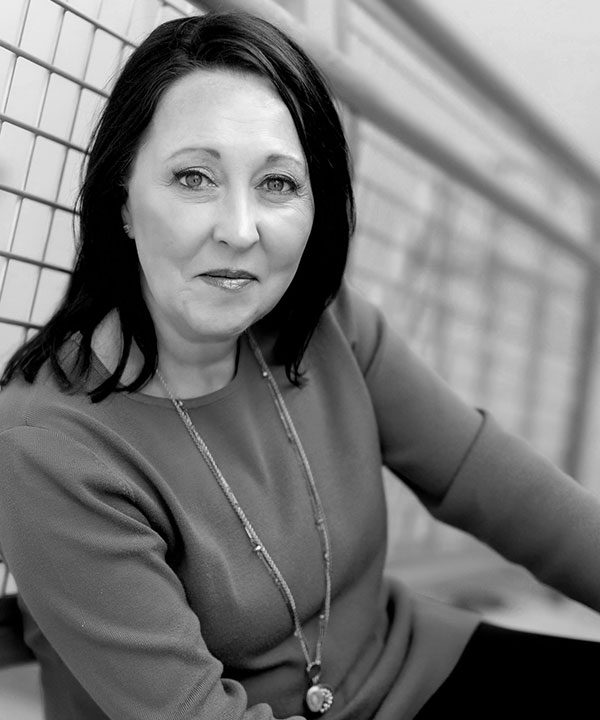my IWB role, and what the role does
I am President of IWB. I preside over two strategic areas: Market innovator; Philanthropic liaison. I lead IWB and IWBI in alliances and partnerships, through the lens of my diverse work in television syndication, cable network advertising, ad agency experience, philanthropic, and public relations sectors.
what I bring to IWB to do it with
I bring a lifetime of media, advertising, and marketing experience to IWB. I have worked with media companies, agencies, and advertisers large and small, particularly providing customized planning and execution on digital, cable and outdoor advertising.
what engaged parties get from that
As a Market Innovator, I guide carve outs (identify opportunities or prospects) in markets for innovative, socially responsible services and products that disrupt the status quo while fulfilling unmet needs. As a Philanthropic liaison, I direct IWB and IWBI’s goals to build alliances, collaboration, and partnerships with enterprises targeting gaps in existing and emerging markets focusing on the needs of marginalized populations.
Background
Before joining IWB, I held positions as a Director and VP of Operations for GTV.
I have also held positions as a Sr. Account Executive in advertising at Comcast, AT&T, Viamedia, Clear Channel, and Titan all located in Chicago. I created and sold customized cable advertising plans to utilize commercial spots on major Cable Networks like ESPN, CNN, HGTV, TNT, Discovery, MSNBC, Bravo, Lifetime, and Food Network.
While at Comcast and Clear Channel, I ranked among the top Sales performers, maintaining and managing million plus account lists annually.
At Titan, a national transit, advertising company I represented and sold advertising signage on the CTA—Chicago Transit Authority and Metra utilizing their digital screens, platforms, trains, and buses.
While at Viamedia, in addition to selling cable network advertising, I also represented and sold digital advertising campaigns for Google Ad Words and their SEM locally.
I hold a BS in Communications and Media from Missouri State University.











